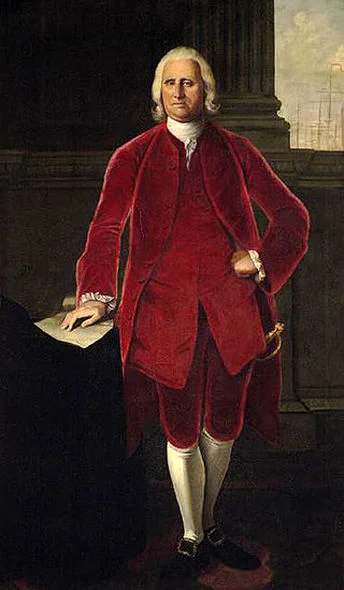Gotham
Myth # 4: The Grid Plan Created Manhattan’s Small Lots
By Jason M. Barr with Gerard Koeppel
In 1894, noted architect Ernest Flagg voiced a popular belief about Manhattan’s lot sizes: “The greatest evil which ever befell New York City was the division of the blocks into lots of 25 x 100 feet... for from this division has arisen the New York system of tenement-houses, the worse curse which ever afflicted any great community.”
Flagg was lamenting that builders chose not to erect housing on larger lots, which, he argued, would have alleviated over-crowding and disease. While he was not commenting on the grid plan per se, it is easy to see how people have come to confuse Manhattan’s small lots as emanating from the plan itself. Flagg’s strong implication was that there was a direct attempt by city leaders to divide lots into regular configurations. Today the common perception remains that the small lots were a result of the plan. But, in fact, the grid had nothing to do with it.
The Daniel Dromm Collection at the La Guardia and Wagner Archives and the Queens LGBTQ Rights Movement
By Stephen Petrus
Read MoreAffordable Housing for Hollywood: A Closer Look at Manhattan Plaza
Read MoreMyth #3: Aaron Burr
By Gerard Koeppel with Jason M. Barr
It could be said that Aaron Burr, the baddest boy of early American democracy, is responsible for the famous Manhattan street grid. In a backhanded way — a way he surely would appreciate — he is.
But, like a perverse Madame de Pompadour, the deluge of orderly streets came after him, entirely without his input while he was laying low in Europe.










